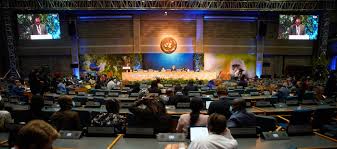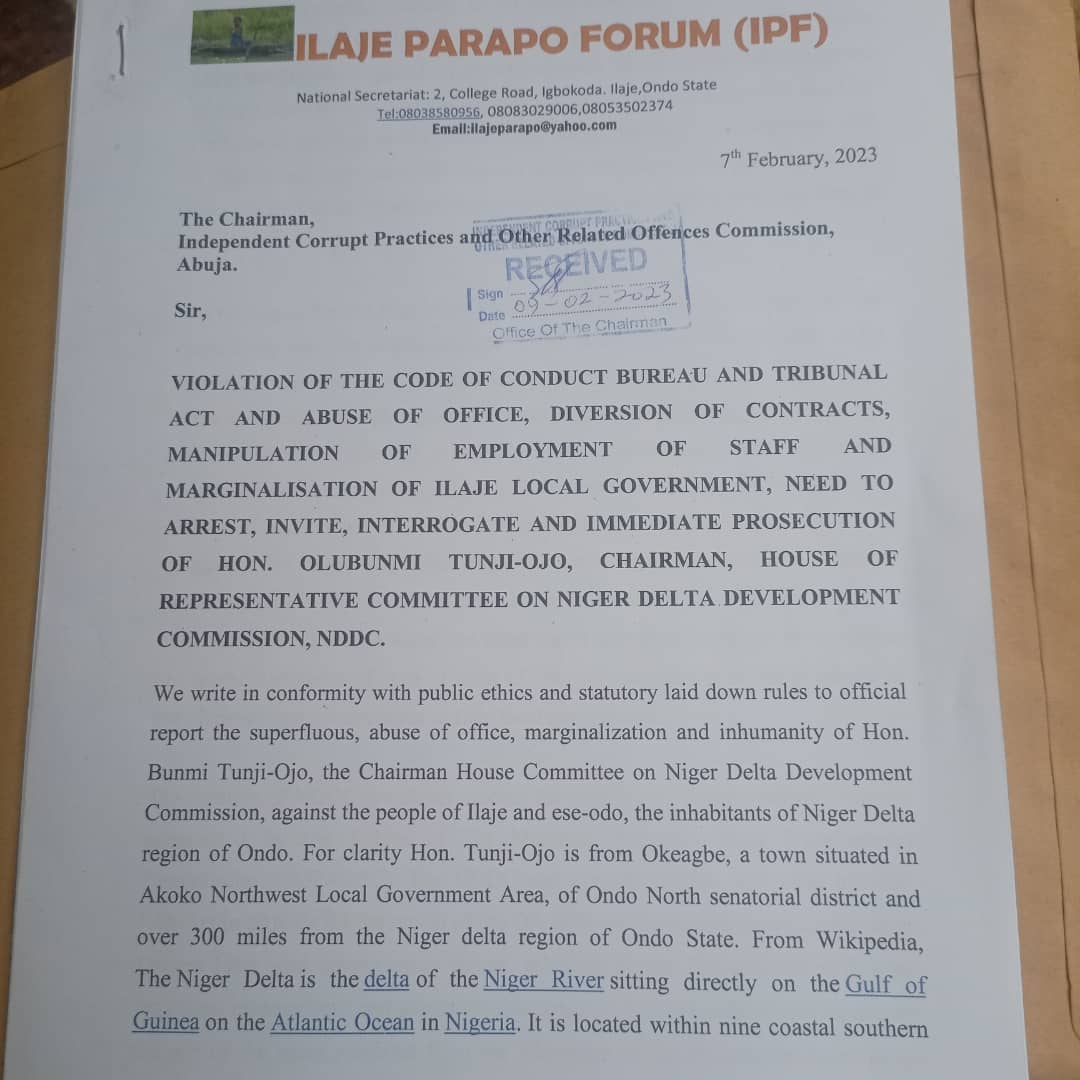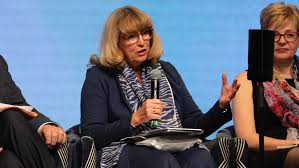UN set roadmap to implement climate ambition for a greener world

By Samuel Ogunsona
The United Nations (UN) Paris Agreement supervisory body has taken firm steps to implement a new carbon crediting mechanism for the year.
The Supervisory Body under the administration of the newly elected Chair, Maria AlJishi, stepped up the pace of implementation by simultaneously launching work to develop methodological tools and guidelines while also gathering input on concerns raised by Parties in Dubai.
The Paris Agreement Crediting Mechanism also known as Article 6.4 is a carbon crediting mechanism established under the Paris Agreement which allows countries to raise climate ambition and implement national action plans more affordably.
In an important step forward, two expert panels have been established. The accreditation panel will be ready to start accrediting auditors to verify and validate projects from April 2024. Meanwhile, the methodologies panel will bring in further technical expertise for the development of standards, guidelines, and tools for crediting activities under the mechanism.
Also, in a bid to encourage broader participation from Least Developed Countries (LDCs), plans are in place to alleviate financial barriers by waiving the adaptation share of proceeds for activities within LDCs.
According to Maria AlJishi, “The implementation of a Paris-aligned mechanism is a huge undertaking. With a clear roadmap now in place, we can, and we will, move forward with operationalization,” she said.
Martin Hession, the new Vice-Chair of the Supervisory Body, also stated that “There is a clear demand out there for a credible carbon crediting mechanism that we intend to fill. We need to respect the interests of host countries, investors and other stakeholders. I am hopeful we can deliver something that is both fair and effective, which works for people and planet.”




